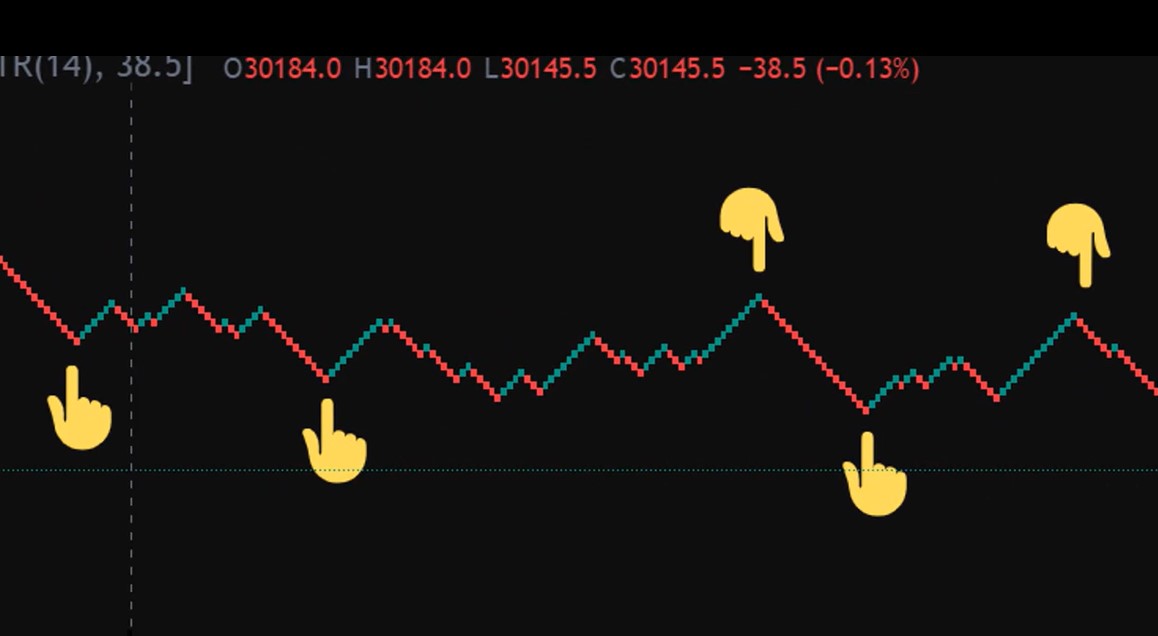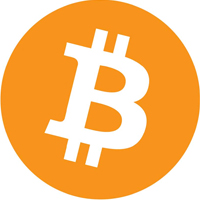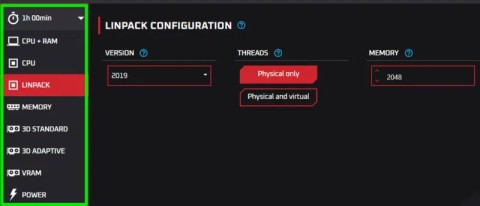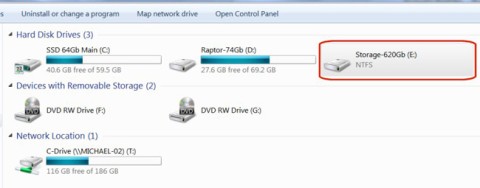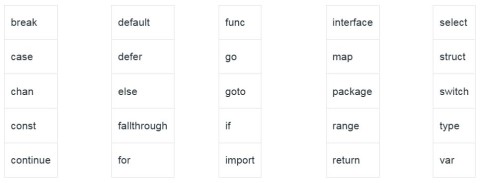Even as cryptocurrencies become a mainstream topic of discussion, very few people consider the potential applications of blockchain technology across many industries. In fact, the underlying distributed ledger technologies have the potential to reshape nearly every aspect of our daily lives in the coming decade.
Institutional remittances / international payments
The immutable, encrypted ledger technology provided by the blockchain makes it a great option for international payments and money transfers. Blockchain technology has the potential to eliminate many pain points of the traditional financial services industry.
During crypto’s previous bull run back in 2018, Santander Group launched the first blockchain-based money transfer service, “Santander One Pay FX”. This service utilized Ripple’s xCurrent to provide same-day or next-day international funds transfers.
Santander Bank’s retail clients would greatly benefit from the cheaper and more efficient international payments. Blockchain technology reduces the costs of these transfers by reducing the need for banks to manually settle transactions.
Peer-to-peer transactions
While centralized peer-to-peer services like PayPal and Venmo are well and good, these platforms have limitations and restrictions. Some individuals may be unable to access these P2P platforms due to their geographic location, citizenship status, or other reasons out of their control. There are also frequent transaction and withdrawal limits, which can make it difficult to perform larger transactions.
Bitcoin and other decentralized peer-to-peer payment networks can help resolve these issues through exchange apps like OKX, as there is no third-party intermediary required for transactions to be completed. Payments using decentralized peer-to-peer transactions on blockchain networks often cost much less than their traditional finance counterparts.
Real estate
Non-fungible tokens are an innovation born from the underlying smart contract feature of the Ethereum blockchain. Non-fungible tokens, or NFT’s, are an innovative way to prove ownership over assets, regardless of whether those assets are physical or digital.
Recently, the property rights to a Florida home were minted and sold on the Ethereum blockchain for $214,791.88. The transaction was paid using the stablecoin USDC, and took only a few seconds to complete.
Voting
Blockchain technology could make the voting process much more transparent and efficient, while simultaneously increasing overall security in the process.
The utilization of a blockchain based record in the voting process would make it impossible for bad actors to cast multiple votes. Even if someone managed to breach or exploit a voting terminal, they would be unable to affect the other nodes in the blockchain.
Non-profit agencies
The transparency of transactions on the blockchain makes it an excellent way to track the donations and spending of non-profit organizations. It allows donors and other individuals to transparently view how funds are being spent by NPOs, to ensure that the money is being used as intended. In addition, blockchain technology could be used to help non-profit organizations better manage and track their resources.
Records management
Blockchain technology could simplify the records keeping process for local, state, and federal governments, while simultaneously making these records more secure. The technology could also reduce or eliminate the need for citizens to make in-person appearances to municipal offices to make changes to their records.

